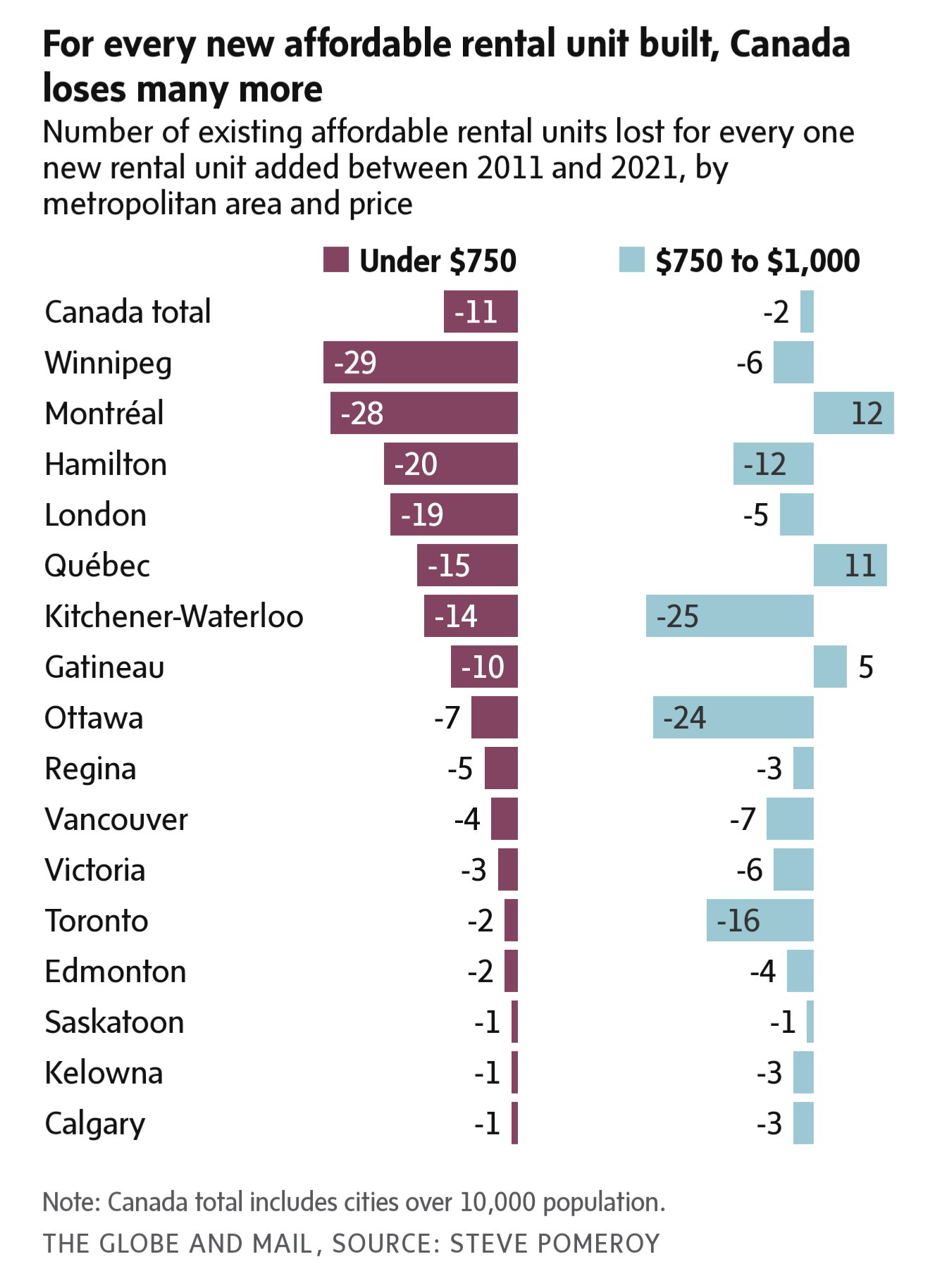loans and grants to help non-profits buy affordable rental apartments when they go up for sale.
I like this part! This is how housing should be: sold by non-profits.
What's going on Canada?
🍁 Meta
🗺️ Provinces / Territories
🏙️ Cities / Local Communities
Sorted alphabetically by city name.
🏒 Sports
Hockey
Football (NFL): incomplete
Football (CFL): incomplete
Baseball
Basketball
Soccer
💻 Schools / Universities
Sorted by province, then by total full-time enrolment.
💵 Finance, Shopping, Sales
🗣️ Politics
🍁 Social / Culture
Rules
Reminder that the rules for lemmy.ca also apply here. See the sidebar on the homepage: lemmy.ca
loans and grants to help non-profits buy affordable rental apartments when they go up for sale.
I like this part! This is how housing should be: sold by non-profits.
The stats on other countries is eye opening. We've left housing to the private sector for too long.
Almost like a home should just be a home, not an investment. Weird, right?
Hmmm. Now what taxes would have to change to make that happen?
Imagine if billionaires used their wealth to help people, housing affordability etc...
That's what taxes are for. But we have fifty+ years of regulatory capture preventing that from happening.
I would settle for taxing, rather than eating the rich.
They're pretty stringy anyway.
Just make the minimum wage 50k a year. EZ
LET'S GOOOOOOOOOO!
OP, are you saying there are homes in Quebec that a person making $30k a year can buy? If so, tabarnak, I need to learn French.
oui, c'est tres bonne dans la belle provinçe:

The article doesn't say why Quebec has been getting more units than the rest of the country, but they have.
Would be great if there's also a fund for new starts! Affordable units may not be available everywhere, for places where it's not, denser new starts could fill the gap, especially since non profits could choose to focus more on quality/affordability/sustainability.
There are two massive policy gaps that the federal and provincial governments are failing to close:
Both the federal Conservatives and Liberals are "encouraging" relaxation of gAtEkEePers by getting provinces/municipalities to remove restrictions on construction. But we can't rely on the private builders to create housing that will be affordable to most young Canadians.
EDIT: added the tax thing.
How many millions are we behind? With an average occupancy of 2.5, some 4M houses would house 10M population, which is the equivalent of 20 years of population growth in Canada.
4.4 million units is one estimate. I think the Bank of Montreal released similar numbers in 2021ish, but I can't find the doc.
We dramatically cut back on funding affordable housing in the 80s and 90s, so our affordable stock has been shrinking even before population growth.
That's crazy. 30 yrs of housing shortages
This is the best summary I could come up with:
That fund is long overdue, affordable housing groups say, because the country is losing lower-cost rental properties – to renovictions, tenant turnover and demolitions – far faster than it can build them.
“It’s a lot more attractive to cut ribbons at new buildings,” said Terry Cooke, the chief executive officer of the Hamilton Community Foundation, one of the groups involved in the lobby effort.
“We already have 2,000 units in the pipeline,” said Katie Maslechko, chief executive of the fund, which received $500-million from the province and has already provided grants to help non-profits purchase three properties this winter.
fund must work quickly, Ms. Maslechko said: there are hundreds of apartment buildings in the province, with thousands of affordable rentals, at risk of being lost because non-profits don’t have the capital to move fast enough to purchase the properties.
Average rents have risen beyond what many low-income – and even moderate income – Canadians can afford, driven in part by real estate investing, gentrification and a surge in demand from a growing population.
“We’re so fixated on adding new supply that we’re blind to existing affordable housing that is lost right before our eyes,” said Brian Doucet, the Canada Research Chair in urban change and social inclusion at the University of Waterloo.
The original article contains 1,525 words, the summary contains 212 words. Saved 86%. I'm a bot and I'm open source!